This conference aims at providing compact and relevant information on current issues regarding the assessment of chemical substances with the potential for genotoxic effects.
This conference aims at providing compact and relevant updates on current issues regarding the assessment of chemical substances with the potential for genotoxic effects. Geared to the requirements the different industries are facing, it offers an overview of regulatory developments, new assessment and testing approaches as well as news on modelling and prediction.
Professionals working in the fields of:
Sectors that should take part:
Picture Credit: © Sashkin – Fotolia.com
PLEASE NOTE: The indicated times refer to Central European Time CET.
For further time zones, please view here.
Krista Meurer, BASF, Germany
Paschalina Papadaki, European Chemicals Agency (ECHA), Finland
Jonas Nygren, European Chemicals Agency (ECHA), Finland
Paschalina Papadaki, European Chemicals Agency (ECHA), Finland
David Kirkland, Kirkland Consulting, United Kingdom
Annette Bitsch and Christina Ziemann, both Fraunhofer Institute for Toxicology and Experimental Medicine ITEM, Germany
Susanne Glowienke, Novartis, Switzerland
Markus Frericks, BASF, Germany
Rodolfo Gonella Diaza, knoell Germany, Germany
Paul A. White, Health Canada, Canada
Kevin P. Cross, Instem, United States of America
Juan Parra Morte, European Food Safety Authority (EFSA), Italy
Hans-Jörg Martus, Novartis, Switzerland
Carol Beevers, Corteva Agriscience, United Kingdom
Giel Hendriks, Toxys, The Netherlands
Naveed Honarvar, BASF, Germany
Kerstin Reisinger, Henkel, Germany
Stephen D. Dertinger, Litron Laboratories, United States of America
Name
Company
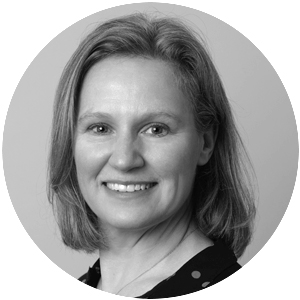
Carol Beevers
Corteva Agriscience, United Kingdom
Carol Beevers is a Regulatory Toxicologist, specialising in genetic toxicology. After gaining a degree in Microbiology and a PhD in Bacterial Genetics, Carol joined the Genetic Toxicology department at Covance Laboratories (now Labcorp) as an in vitro and in vivo Study Director. After almost 20 years in contract research, she moved to consultancy, first in the Human Health Toxicology group at Exponent International and then the Toxicology Group at Broughton Life Sciences. More recently, Carol has joined the toxicology team at Corteva Agriscience. Carol has worked across a variety of industry areas including pharmaceuticals, agrochemicals, food and food contact materials, and industrial chemicals, where she has specialised in genetic toxicology risk and mode of action assessments. Since 2015 she has been a member of the UK Committee on Mutagenicity of Chemicals in Food, Consumer Products, and the Environment. She is also a member of the OECD Expert Groups for the guidelines on the transgenic rodent gene mutation assay and the comet assay, the Health and Environmental Sciences Institute Genetic Toxicology Testing Committee and the International Workshops on Genotoxicity Testing.
moreless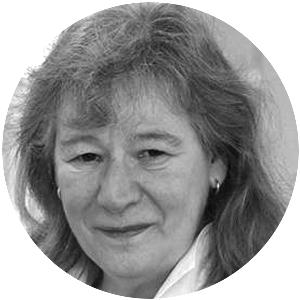
Annette Bitsch
Fraunhofer Institute for Toxicology and Experimental Medicine ITEM, Germany
Annette Bitsch is Biologist and Toxicologist and currently division director for “Chemical Safety and Toxicology” at the German Fraunhofer Institute for Toxicology and Experimental Medicine ITEM where she focuses on risk assessment in regulatory affairs and the development of new risk assessment strategies including alternative and new methods such as in-silico toxicology and enhanced exposure modelling. Her past career stages include the Leibniz University in Hannover, the Institute of Toxicology of the University Würzburg where she focused on genotoxicity, molecular mechanism in multistep carcinogenesis and cellular adaptive responses as well as the biocides division at Fraunhofer ITEM.
moreless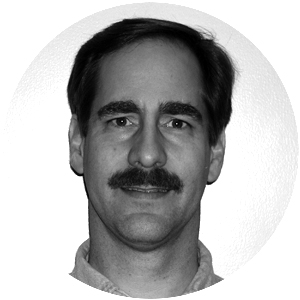
Kevin P. Cross
Instem, United States of America
Kevin P. Cross is a Vice-President at Instem, where he is Principal Investigator of U.S. FDA/Leadscope collaborations. His current responsibilities include the collaborative research and development of QSAR models and databases with U.S. FDA. He is also responsible for the development of the Leadscope Enterprise product and leads the software development and database production groups. He received his Ph.D. in chemistry and has been developing chemoinformatics tools and products for over 35 years. He is also involved in several collaborative efforts to create protocols and procedures for performing in silico assessments for regulatory purposes as well as to assess their performance.
moreless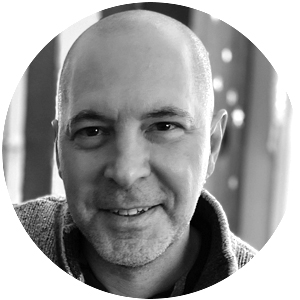
Stephen D. Dertinger
Litron Laboratories, United States of America
Stephen D. Dertinger holds a PhD in Toxicology and has been serving as Director of Research at Litron Laboratories since 2000. Over these years, Stephen and his team have focused on the development of high throughput, high information content genetic toxicology assays, with an emphasis on biomarkers that can be applied across cell and animal models. Recently, he has been involved in the development of an OECD Test Guideline for the Pig-a gene mutation assay.
moreless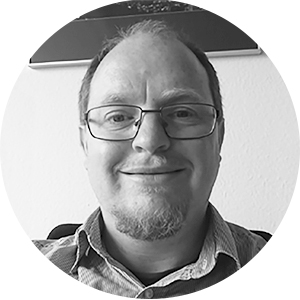
Markus Frericks
BASF, Germany
Markus Frericks is a Biologist and European Registered Toxicologist, working as a Regulatory Toxicologist at BASF in Limburgerhof. He is the Vice Chair of the Working Group on Computational Toxicology of the German Society of Toxicology (GT) and the Chair of the CropLife Europe Working Group on Genotoxicity-QSAR.
moreless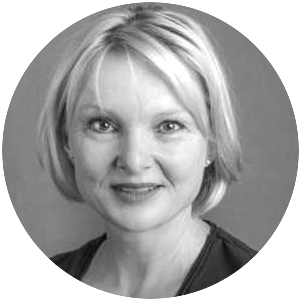
Susanne Glowienke
Novartis, Switzerland
Susanne Glowienke obtained a PhD degree from the Faculty of Food Technology (Cereal Chemistry) from the University of Stuttgart-Hohenheim. She joined Novartis in 2000 as a postdoc in the area of (Q)SAR for toxicological endpoints. She held several positions at Novartis including positions in Genetic Toxicology and QSAR modelling and is currently Director in Preclinical Safety. Susanne is head of the Impurity Safety Group and as such responsible for contaminant issues including nitrosamines. She is also part and has led a number of industry expert groups within DruSafe IQ (US), European Federation of Pharmaceutical Industries and Associations (EFPIA), the Extractables and Leachables Safety Information Exchange (ELSIE) and several data sharing initiatives.
moreless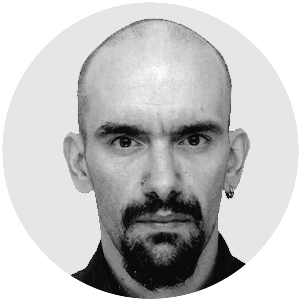
Rodolfo Gonella Diaza
knoell Germany, Germany
Rodolfo Gonella Diaza is a bio- and chemoinformatician, working for knoell Germany in the chemistry and analytics group and in the QSAR team since 2016. He has 15 years of experience in the in silico models field and is currently involved in developing strategies and applying QSAR and read-across for the (eco)toxicological evaluation within several regulatory frameworks.
moreless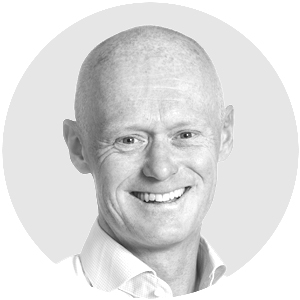
Giel Hendriks
Toxys, The Netherlands
Giel Hendriks has a PhD in molecular cell biology from Utrecht University and worked for four years as a post-doctoral fellow at Leiden University, studying the relationship between DNA damage and gene mutations. After this he moved to the Leiden University Medical Center to develop in vitro reporter systems to understand the mechanisms of genotoxicity. Currently, he is the CEO of Toxys, a contract research organisation (CRO) he started in 2014. During the past years, Toxys has developed various in vitro assays to ensure the safety of novel medicines, chemicals and consumer products without the use of animals.
moreless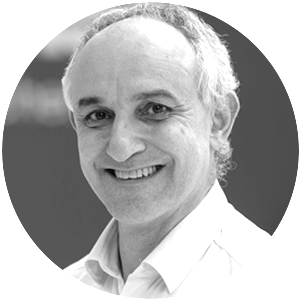
Naveed Honarvar
BASF, Germany
Naveed Honarvar holds a PhD in biology and is currently Leader of the laboratory for mutagenic and endocrine effects in the Experimental Toxicology and Ecology Unit of BASF. Priorly, he worked as Toxicologist in the Contract Management Team and as Regulatory Toxicologist in the Product Safety Department. Before joining BASF, he was Head of the in vivo genotoxicity group of the contract research company Harlan Laboratories.
moreless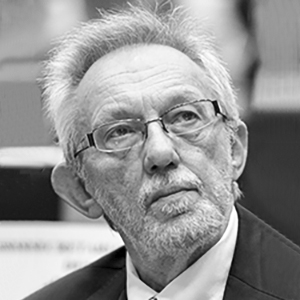
David Kirkland
Kirkland Consulting, United Kingdom
David Kirkland is a Professor with over 40 years of experience in regulatory genetic toxicology and has worked as an Independent Consultant since 2009. He has received recognition awards from the US, Japanese and UK environmental mutagen societies, was chair of IWGT for 20 years and was a member of the UK Government Advisory Committee on Mutagenicity for 10 years.
moreless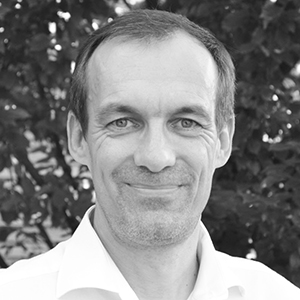
Hans-Jörg Martus
Novartis, Switzerland
Hans-Joerg Martus is currently the Head of Genome Safety at the Novartis Institutes for BioMedical Research in Basel, Switzerland. Priorly he held positions at Sandoz, the Harvard Medical School and the Institute of Toxicology in Mainz, Germany.
moreless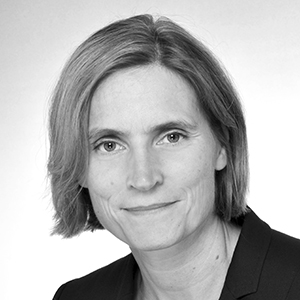
Krista Meurer
BASF, Germany
Krista Meurer has been a Regulatory Toxicologist for Crop Protection at BASF since 2008. In support of European and global registrations, she is responsible for human health risk assessment for pesticide products and active substances. Based on 10 years experience as a Study Director in contract research, Krista has a special interest in genetic toxicology testing and is a member of the CropLife Europe genotoxicity expert group as well as the Health and Environmental Sciences Institute (HESI) Genetic Technical Committee (GTTC).
morelessJonas Nygren
European Chemicals Agency (ECHA), Finland
Paschalina Papadaki
European Chemicals Agency (ECHA), Finland
Paschalina Papadaki is currently Scientific Officer in ECHA’s Biocides Unit where she is involved in the peer review programme of active substances. She has also worked in ECHA's REACH Evaluation Unit. She has previously held positions at the Department of Pesticides, Control and Phytopharmacy of Benaki Phytopathological Institute, Greece and at Battelle UK.
moreless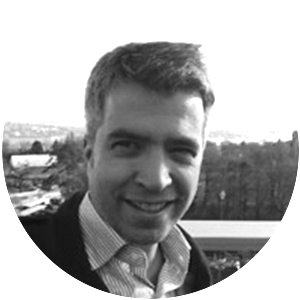
Juan Parra Morte
European Food Safety Authority (EFSA), Italy
Juan Parra Morte has been Toxicologist in the Pesticide Peer Review Unit of EFSA since 2008. He has been actively involved in the assessment of pesticide active substances, their metabolites and impurities, including the EFSA PPR, the OECD Guidance on Residue Definition and EFSA's outsourced projects on the Genotoxicity Database and QSAR and Read-Across for the genotoxicity of metabolites. He has also been involved in supporting the EFSA Working Group on Genotoxicity, being a co-author of the EFSA Scientific Committee Guidance and Statements regarding genotoxicity since 2017.
morelessKerstin Reisinger
Henkel, Germany
Kerstin Reisinger is Biologist and European Registered Toxicologist, currently working on the general product safety of cosmetic products at Henkel. She developed and validated 3D in vitro genotoxicity assays together with project partners, e.g. from Cosmetics Europe and is now pursuing the further regulatory acceptance of assays together with them.
moreless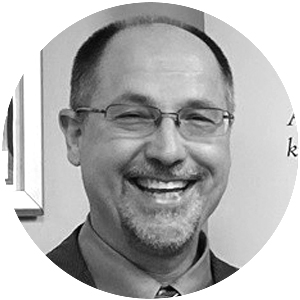
Paul A. White
Health Canada, Canada
Paul A. White holds a PhD in environmental toxicology and joined Health Canada in 1999 where he is currently Senior Research Scientist and Leader of the genetic toxicology lab group in the Environmental Health Science and Research Bureau. In 2002, he was appointed Professor of Chemical and Environmental Toxicology in the Department of Biology at the University of Ottawa. His current work investigates the mutagenic and carcinogenic hazards of complex mixtures, the design and validation of in vitro and in vivo tools for genetic toxicity assessment, the use of molecular biomarkers for mutagen exposure assessment, and the development of quantitative methods for interpretation of genetic toxicity dose-response data. He is the current president of the International Association of Environmental Mutagenesis and Genomics Societies (IAEMGS), and program co-chair for the 13th International Conference on Environmental Mutagens (ICEM).
moreless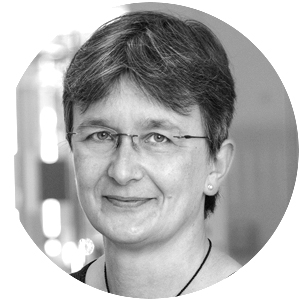
Christina Ziemann
Fraunhofer Institute for Toxicology and Experimental Medicine ITEM, Germany
Christina Ziemann is Biologist and GT- and EUROTOX-Registered Toxicologist. She currently heads the work group “Genetic Toxicology & Tumour Research” at the German Fraunhofer Institute for Toxicology and Experimental Medicine ITEM and has almost 20 years of experience in planning and conducting nonclinical genotoxicity studies for regulatory purposes in different fields, in developing test item-adapted testing strategies and testing model systems, and in conducting non-guideline scientific mechanistic studies with a current focus on particles and fibers, medical devices and electromagnetic fields.
morelessParticipation Fee: € 995.00 plus VAT.
The registration fee includes the following benefits:
Representatives of an authority or a public university are therefore eligible for a reduced fee of € 495.00 plus VAT per person (please provide evidence). The reduced fee cannot be combined with other rebates.
Group Reductions
For joint bookings received from one company we grant a 15% discount from the third participant onwards.
Terms of Cancellation / Book without Risk
You can cancel your participation in our online events free of charge and without giving reasons in writing up to 1 week before the start of the event. In the case of later cancellations and non-login to the online event, no participation fees can be refunded.
In this case, however, you will receive access to the documentation after the event.
You can name a substitute participant free of charge at any time.
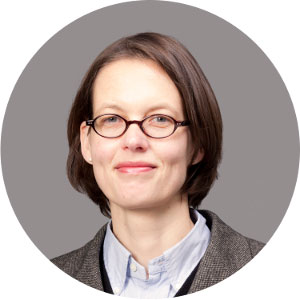
Sabine Mummenbrauer
Programme and conceptual design
+49 231 75896-82
smummenbrauer@akademie-fresenius.de

Sabine Mummenbrauer
Programme and conceptual design
+49 231 75896-82
smummenbrauer@akademie-fresenius.de

Sabine Mummenbrauer
Programme and conceptual design
+49 231 75896-82
smummenbrauer@akademie-fresenius.de
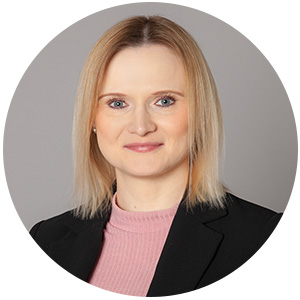
Jennifer Zerth
Organisation and participant management
+49 231 75896-79
jzerth@akademie-fresenius.de

Jennifer Zerth
Organisation and participant management
+49 231 75896-79
jzerth@akademie-fresenius.de
Present your Company at the Event.
You can personally present your products and services directly to your specified target group. We are happy to provide you with further information on our range of available options – from displaying company information at the reception counter to presenting your company with an exhibition stand.
We would be pleased to assist you personally:
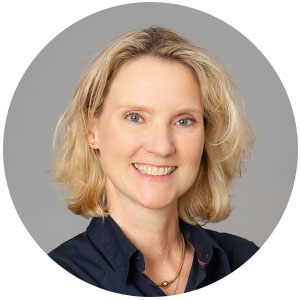
Monika Stratmann
Phone: +49 231 75896-48
info@akademie-fresenius.de
We offer journalists and editors a platform where they can get in touch with the experts.
If you are the editor of a specialist publication and interested in a press pass or media partnership, please contact us well in advance. We are happy to advise you.
Please contact us:
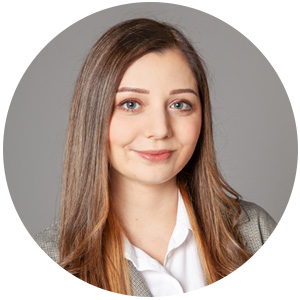
Katharina Geraridis
Phone: +49 231 75896-67
presse@akademie-fresenius.de
© Die Akademie Fresenius GmbH